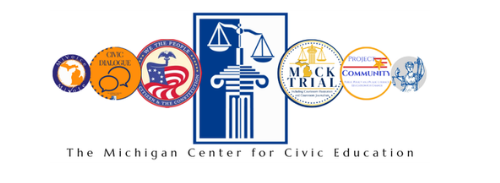In this lesson, students develop a working understanding of due process by discussing relevant Constitutional clauses. They are presented with the Gideon v. Wainwright case and decide whether Clarence Gideon had the right to an attorney, relying on their previous discussion of due process. The lesson ends with a discussion of the importance of the right to due process in criminal proceedings, as well as a discussion of other situations in which the right to due process applies
Civics Lessons
Does the Constitution Protect Fair Play? Introducing Due Process
The First Amendment: What’s Fair in a Free Country?
Lesson includes several activities to demonstrate to students that freedom of speech continues to evolve.
Orb and Effy Learn About Authority
Grade: K-1
This lesson introduces the study of authority. Children learn when people are exercising authority and when they are exercising power without authority. Children learn how and why authority is useful in society.
No Animals at School
This lesson provides an opportunity for students to explore how rules and laws are written and interpreted. Strategies for writing a good rule/law are emphasized and scenarios examined to determine what a rule/law really means.
”
Mindwalk: The Law is Everywhere
Students learn the Importance and Reason for Rules and Laws
Citizen Me
Students learn that they are citizens at many levels of society: home, school, city, state, and nation! Students create a graphic organizer that diagrams rights and responsibilities at these different levels of citizenship. They also learn the sources of their rights and responsibilities at each level.
No Hats in Class
Students learn about the importance of rules and laws; what makes a good law
People in the Courtroom
In this lesson, students analyze a photograph of a trial. They identify the people in the courtroom, learn about the roles that they play in the legal process, and discuss how each is essential to ensuring access to justice.
Teaching How Citizens Influence Public Policy
Target Grades: 4-6
In this lesson, students use a school policy to define policy, understand that policies change, and recognize what and who influences policy making and changes.
The Invaders: A Constitutional Rights Activity
Introduces students to the rights guaranteed in the U.S. Constitution.

